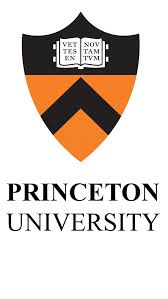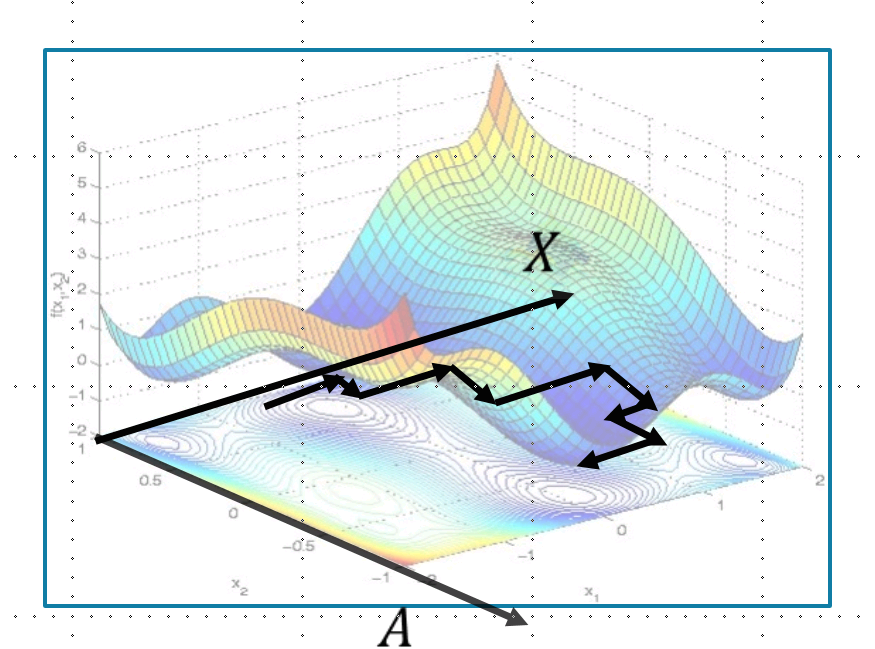Many current machine learning
algorithms lack provable guarantees on one or more
of the following metrics: solution
quality, sample complexity, running
time. The
goal of our group is to provide algorithms with such
performance guarantees. This can involve designing
fundamentally new algorithms, or proving such
guarantees for existing algorithms.
A lot of our work has been
devoted to obtaining better mathematical
understanding of deep learning. We seek to open this
"black box" with respect to optimization,
generalization, and interpretability.
We are especially interested in unsupervised
learning, where the algorithm is given data that is
unlabeled/unannotated, and the goal is to learn
structure in the data. Our group haas done
work on language models (including topic models,
text embeddings and language models), matrix and
tensor factorization, sparse coding, Generative
Adversarial Nets (GANs).
From the viewpoint of theoretical CS and traditional algorithm design, the novelty in this project is that one obtains new performance on problems whose worst-case instances is intractable. So one has to go beyond worst-case analysis.

